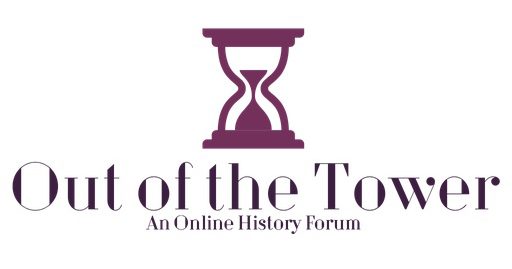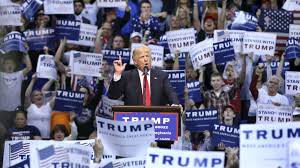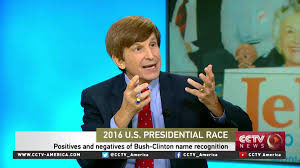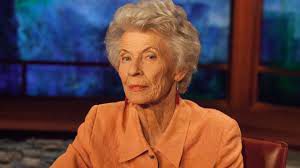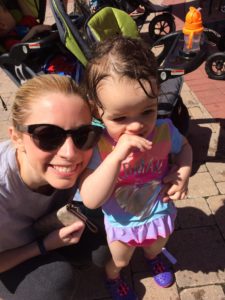 Sorry for the delay in posting. During my absence, I was working on a piece that has been published in New America Weekly. The article looks at the history of child care in America. It argues that we will not solve our child care problem until we recognize that women have always worked in ways that extend beyond their conventional roles as mothers. In the spring, I will be back with new posts on the history of fascism, the woman suffrage movement, and women’s wartime experiences in WWII. Until then, you can read my child care piece here.
Sorry for the delay in posting. During my absence, I was working on a piece that has been published in New America Weekly. The article looks at the history of child care in America. It argues that we will not solve our child care problem until we recognize that women have always worked in ways that extend beyond their conventional roles as mothers. In the spring, I will be back with new posts on the history of fascism, the woman suffrage movement, and women’s wartime experiences in WWII. Until then, you can read my child care piece here.
Thanks!
~Rebecca
